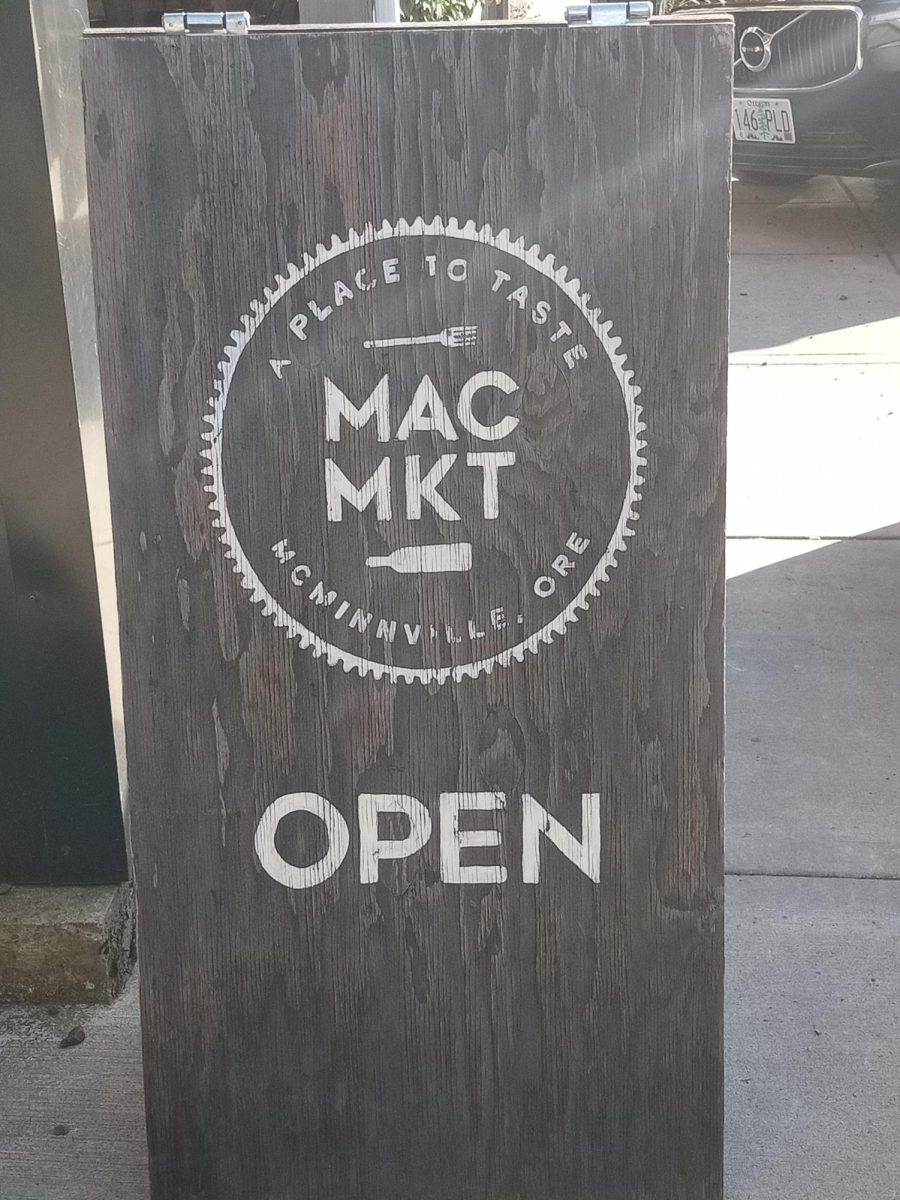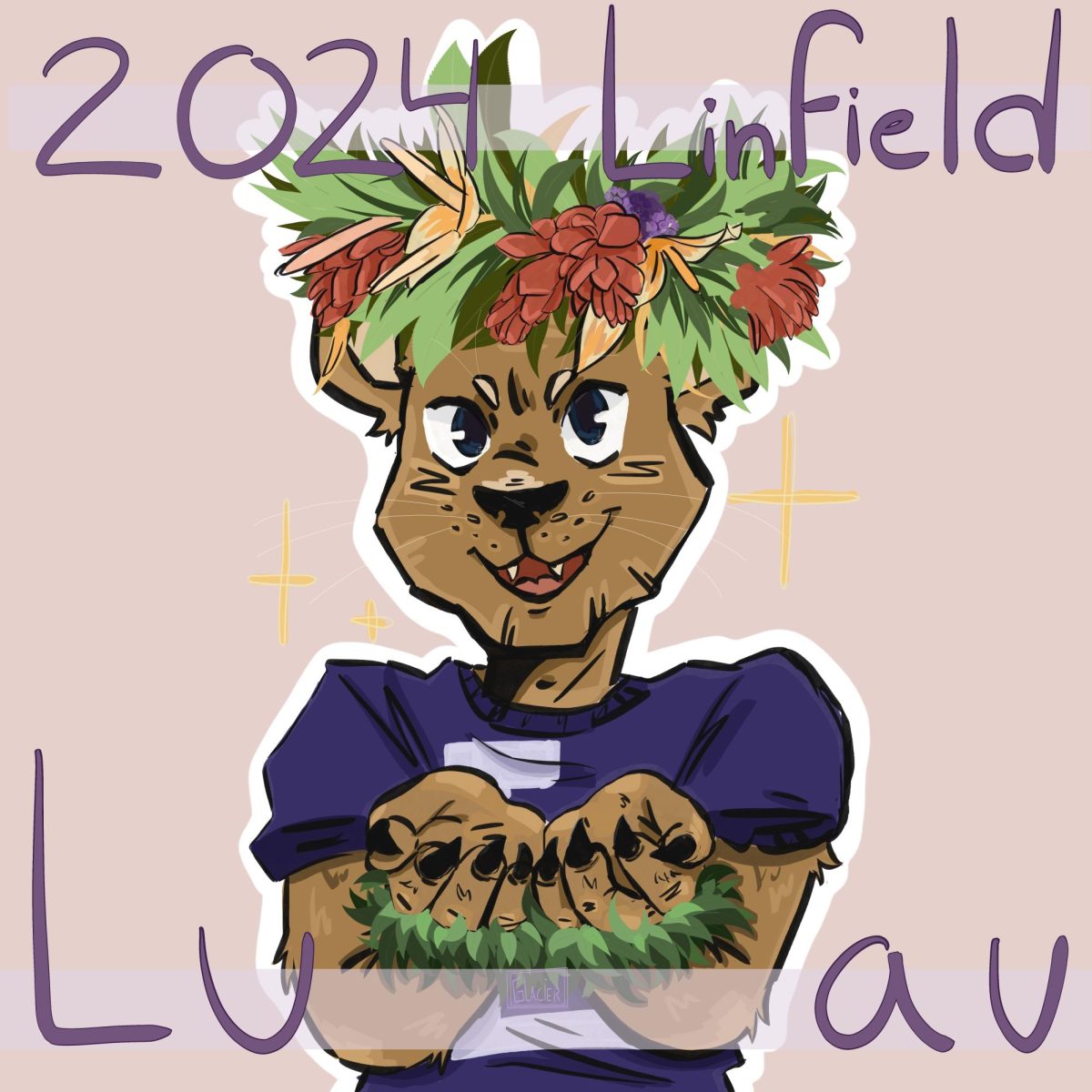A Facebook page created by Ahmed Maher and Issra Abdel-Fattah, supporting a worker’s strike in Egypt, played a key role in Egypt’s youth movement, journalist and author David Wolman explained during his lecture April 17. This movement showcased the power of social media in inspiring real-life revolution.
Wolman’s lecture depicted his journey as he followed the movement.
He originally picked up the story in 2008, when the Facebook page “April 6 Youth” was created in support of the strike. The page had gained more than 70,000 people in three weeks.
“My job as a journalist is to tell interesting stories,” Wolman said. “I know it when I see it.”
He knew that this was an important story that needed to be told.
Wolman wanted to find out who these young people were. He traveled to Cairo that summer, and after a “failed” protest, the youth movement went underground.
With the help of the Internet, the youth involved in the movement began researching other movements and protests, including speeches by Martin Luther King Jr. They began to realize that they had the power to go against the regime.
“They came up with protest techniques that put the authorities in a pickle,” Wolman said.
The protests and riots brought media attention, and the regime’s action or inaction would both have reflected poorly on the authorities.
Facebook and social media had proven to be successful tools, but the next step in the protest was to figure out how to move from the keyboard into the streets.
“Tools are great, but they are just tools,” Wolman said.
Many people did not have Internet access, and they knew that using the Internet was not enough to make the necessary changes in Egypt.
After the police brutally beat and murdered Khalid Mohamed Said, and an image of his mangled face leaked online, another Facebook page was created called “We Are All Khalid Said.” This online memorial quickly gained 180,000 fans.
The two online groups began to collaborate on further protests.
“[The protesters] had an almost militaristic commitment to nonviolent protest,” Wolman said.
If they saw someone becoming agitated and potentially violent, they would form a circle around that person and move them away.
This was important because the military would not open fire on nonviolent protesters. They used nonviolent strategizing to ensure the success of their protests, Wolman said.
Wolman explained that thugs with machetes on the backs of camels would kill protesters and foreign journalists.
Eventually, the regime shut off the Internet in an attempt to end the communication and collaboration of these groups. This attempt backfired.
After the Internet was shut down, people were forced out of their homes in order to communicate. It sent them out to the streets and infuriated many who were not originally participating in the protests.
Wolman returned to Cairo in March and joined protest leaders at a café.
When Wolman mentioned the original failed protest, they referred to it as a “beautiful day, a great day.” Wolman asked why, since the protest didn’t go anywhere and was stopped by the police before they were able to accomplish what they wanted.
The answer was simple. That day had shown the protest leaders how powerful they really were because the regime was scared of them.
When looking back on the protests, Wolman said that many of the people he spoke with had a similar response: “We were all one hand.” The Internet and Facebook allowed these young people to unite, work together and realize their power to create change and revolution.
__________________________________________________________________________________________
Samantha Nixon/Staff writer
Samantha Nixon can be reached at [email protected]






